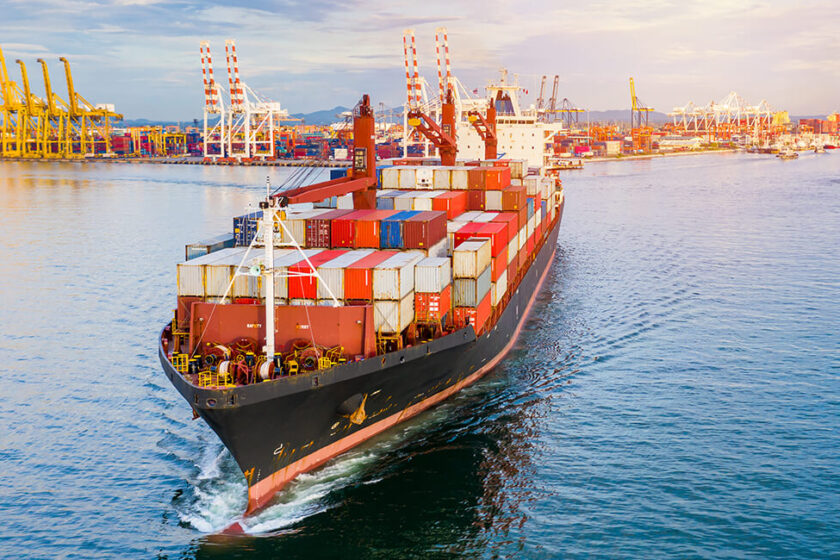Incoterms, short for International Commercial Terms, are a set of standardized terms used in international trade to define the responsibilities and obligations of buyers and sellers regarding the delivery of goods. Understanding Incoterms is essential for businesses engaged in international trade to ensure clear communication, minimize risks, and facilitate smooth transactions. This comprehensive guide provides an overview of Incoterms and their significance in international trade.
What are Incoterms?
Incoterms are a set of rules established by the International Chamber of Commerce (ICC) that define the responsibilities of buyers and sellers in international trade transactions. These rules specify who is responsible for arranging transportation, insurance, customs clearance, and other logistics-related activities, as well as when the risk of loss or damage passes from the seller to the buyer.
The Importance of Incoterms in International Trade
Incoterms play a crucial role in international trade by providing a standardized framework for negotiating and drafting international sales contracts. By clearly defining the rights and obligations of each party, Incoterms help minimize disputes, clarify expectations, and ensure smooth transactions between buyers and sellers across different countries and legal systems.
Overview of Commonly Used Incoterms
This section provides an overview of some commonly used Incoterms, including:
EXW (Ex Works): The seller fulfills their obligation by making the goods available at their premises, and the buyer is responsible for all transportation costs and risks.
FOB (Free on Board): The seller delivers the goods on board the vessel nominated by the buyer at the named port of shipment, and the buyer assumes responsibility for the goods once they are on board the vessel.
CIF (Cost, Insurance, and Freight): The seller delivers the goods on board the vessel at the named port of shipment, arranges and pays for transportation to the destination port, and provides insurance coverage until the goods reach the destination port.
DAP (Delivered at Place): The seller delivers the goods to the buyer at the named place of destination, and the seller bears all risks and costs until the goods are delivered to the specified destination.
Choosing the Right Incoterm
Selecting the appropriate Incoterm depends on various factors, including the nature of the goods, the transportation method, the destination country, and the level of risk that each party is willing to assume. By carefully considering these factors and consulting with legal and logistics experts, businesses can choose the most suitable Incoterm for their international trade transactions.
Conclusion
In conclusion, understanding Incoterms is essential for businesses engaged in international trade to ensure clear communication, minimize risks, and facilitate smooth transactions. By familiarizing themselves with the various Incoterms and their implications, businesses can negotiate contracts more effectively, avoid misunderstandings, and build stronger relationships with trading partners around the world.






This is a useful post for finding broken links within the website, what about links pointing outwards that are broken? I can use a free web service but wondered if this was possible.
Great tool! I am using a redirect plugin to send all my 404’s to my home page but I think it’s slacking sometimes.